The habit of sharing does not develop in a ‘single child’. Due to this, the possibility of the overall personality development of the child being disrupted also increases.

In this era of ‘single child’, children often become irritable when they share their things with others. Sometimes this problem occurs even after having two children.
They do not want to share their toys, copies, books, etc. with anyone. Many times, it also happens that if parents love another child, then their child also feels bad.
You may consider it childish, but in reality it is a serious condition, which can have a negative impact on the overall development of the child.
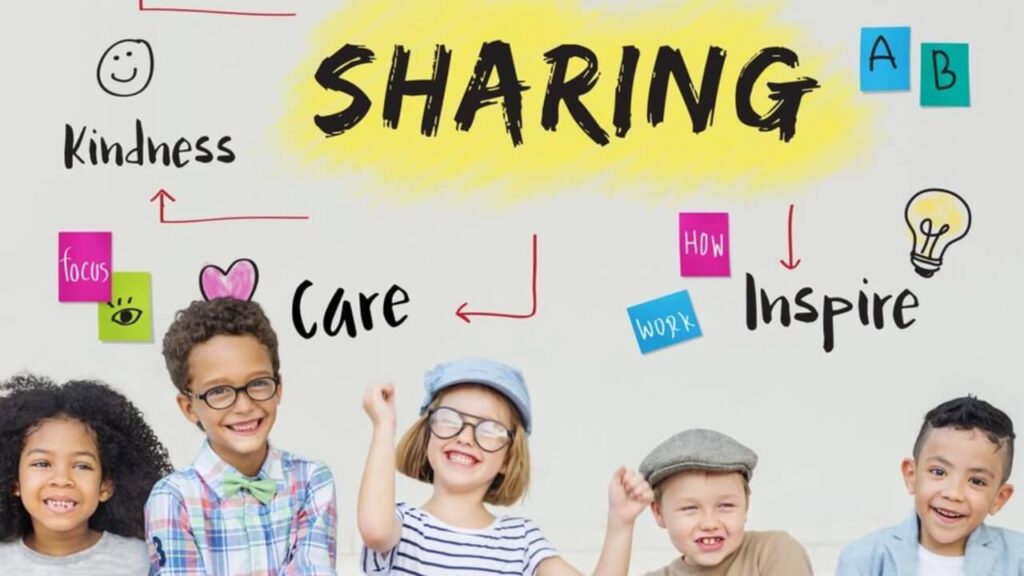
In such a situation, it is very important that you inculcate the habit of ‘sharing’ in your children. This habit will not only make them a good person socially, but it will also give them many personal and mental benefits.
Sharing is Fun
Inculcate the habit of sharing in children from childhood. To teach this, do not chase them, rather tell them in a practical way that it is very fun to share your things with someone, that is, teach them about sharing in a playful way. Develop a positive attitude towards sharing in them. The best way to teach sharing to children is for parents to share things with each other.
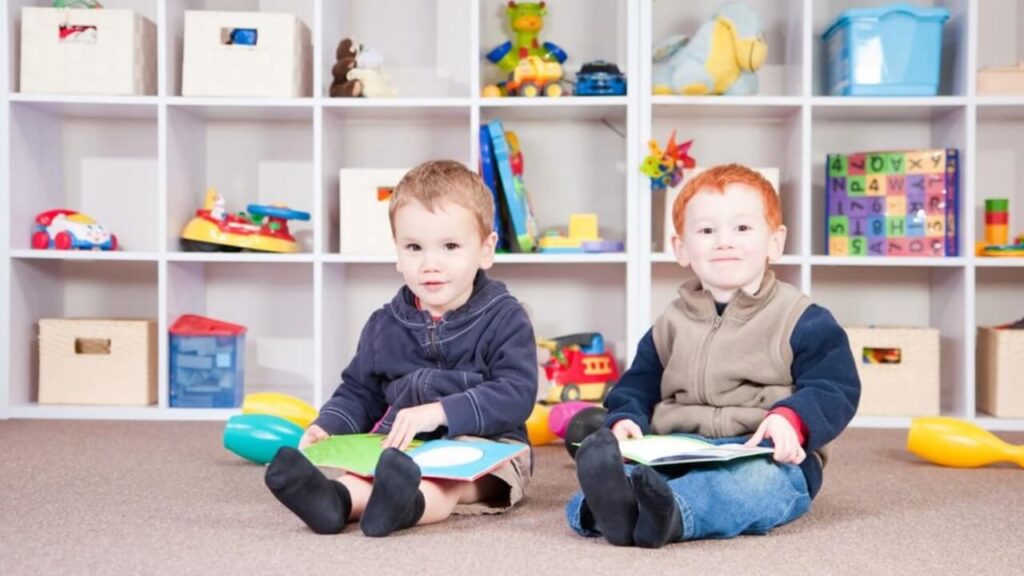
Inculcating the habit of sharing in children from an early age is crucial for their development. Teaching them about sharing can foster qualities like humility, empathy, and cooperation.
Let’s break down the concept of “Sharing is fun” and explore practical ways to instill this habit in children. Here are some effective ways to encourage sharing in children:
Inculcate the Habit of Sharing from Childhood:
- Start early by encouraging sharing behaviors. Children learn best when they are young, so introduce the concept of sharing as soon as possible.
- Model sharing behavior yourself. Children observe and imitate their parents, so be a positive role model by sharing your belongings with others.
Practical Approach to Teaching Sharing:
Instead of chasing children to share, explain the benefits of sharing in a practical way. For example:
- “When you share your toys with a friend, both of you can play together and have more fun.”
- “Sharing makes others happy, and it feels good to make someone smile.”
- “Imagine if everyone shared—our world would be a happier place!”
Make Sharing Fun:
- Frame sharing as an enjoyable activity. Use playful language and create positive associations:
- “Let’s take turns playing with the toy. It’s like a game!”
- “Sharing is like a secret superpower that makes friendships stronger.”
Develop a Positive Attitude Towards Sharing:
- Praise children when they share. Reinforce positive behavior by saying things like:
- “Great job sharing your snack!”
- “I love how you shared your crayons with your sister.”
Parents Sharing with Each Other:
- Parents can demonstrate sharing by sharing things with each other:
- “Mommy and Daddy share chores to keep our home clean.”
- “We share food during family meals.”
- “Daddy shares his tools with neighbors when they need help.”
Remember, consistency and patience are key. Encourage sharing gently, celebrate small victories, and create a positive environment where sharing is valued. 😊🌟
Become a Role Model
For every child, his parents are role models. They should adopt the same behavior as you impart to them.
Therefore, you should behave generously in front of them, like share things with everyone, put on shows of everyone’s choice on TV, help your partner with household chores, cooperate in social work, and always be ready to help your friend circle.
When the child sees this environment of cooperation and love since childhood, he will also adopt them.

Becoming a role model for your child is a powerful way to shape their behavior and values. Here are some practical steps to be an exemplary role model:
Lead by Example:
- Children observe their parents closely, so your actions matter. Demonstrate the behaviors you want them to adopt.
- Share things generously with others. Whether it’s toys, food, or time, show them the value of sharing.
- When watching TV, consider everyone’s preferences. Let them see how compromise and consideration work.
Household Chores and Cooperation:
- Involve your child in age-appropriate household tasks. Explain why cooperation matters.
- Show teamwork with your partner. Share responsibilities and work together harmoniously.
- When you cooperate, your child learns that collaboration leads to a happier home.
Social Work and Helping Others:
- Engage in community service or social work. Include your child in age-appropriate ways.
- Be ready to help friends and neighbors. Kindness and empathy are contagious.
- When children witness acts of kindness, they internalize those values.
Creating a Loving Environment:
- Foster an atmosphere of love, compassion, and cooperation at home.
- Express affection openly. Hug, praise, and encourage your child.
- When love and cooperation surround them, children learn to reciprocate.
Remember, consistency matters. Children absorb behaviors over time, so be patient and persistent. Your positive actions will shape their character and values. 😊🌟
Praise
Who does not like to hear his/her praise? This becomes even more important for children. In such a situation, when your child shares something with others, you should praise him. In such a situation, the child will understand the importance of sharing and will also be encouraged to do so in future.

Praising children is a powerful way to reinforce positive behavior and encourage them to continue doing it. Let’s delve into the details:
Why Praise Matters:
- Everyone, including children, appreciates praise. It boosts their self-esteem and motivates them.
- When you praise your child for sharing, they associate sharing with positive feelings.
When to Praise Sharing:
- Whenever your child shares something (a toy, snack, or even their time), acknowledge it.
- Use specific praise: “Great job sharing your crayons with your friend!” or “I’m proud of you for sharing your snack.”
Benefits of Praise:
Reinforcement:
Praise reinforces the desired behavior. Children are more likely to repeat actions that earn praise.
Internalization:
When praised, children internalize the value of sharing. They understand it’s a positive action.
Encouraging Future Sharing:
- By praising sharing, you create positive associations. Your child will want to experience that praise again.
- They’ll learn that sharing benefits not only others but also themselves.
Remember, sincere and specific praise goes a long way. Remember to be specific in your praise. Instead of a generic “Good job,” say, “I love how you shared your crayons with your friend!” This highlights the specific behavior you’re praising. Celebrate their efforts, and watch their sharing habits flourish! 😊🌟🌟
Do Not Help More Than Necessary
Parents do not want their children to face any problems. Due to this, they start supporting the children in every task.
In such a situation, the child does not need anyone else and he is unable to learn to give or take help from others.
Therefore, parents should help their children only to a certain extent. Let them do the rest of the work themselves with the help of others.
Balancing support and independence is essential for a child’s growth. Here’s a detailed explanation of the advice you provided:
Parental Instinct to Protect:
- Parents naturally want to shield their children from difficulties and challenges.
- However, excessive help can hinder a child’s development by preventing them from learning valuable life skills.
Learning to Give and Take Help:
- Children need to experience both giving and receiving help.
- When parents do everything for them, children miss out on opportunities to learn cooperation, problem-solving, and empathy.
Setting Boundaries:
- Parents should provide guidance and assistance but set limits.
- Encourage children to tackle tasks independently first, and then offer help if needed.
Benefits of Limited Assistance:
- Children learn resilience, adaptability, and resourcefulness.
- They understand that seeking help is normal and not a sign of weakness.
Collaboration with Others:
- Encourage children to seek help from peers, teachers, or family members.
- Learning to work with others fosters social skills and builds a support network.
Remember, as parents, our role is to empower our children to navigate life confidently while also recognizing when external help is beneficial. 🌟
Parents Should Share Themselves
Children do not develop the habit of sharing automatically. You have to impart these values to them since childhood. Teaching sharing is like teaching life skills to children. This skill will be useful to them at every stage of life. The best way to teach sharing to children is to share things yourself. Tell them why sharing is good. Keep encouraging them to share. Whenever the child shares something with someone, praise him. Tell children that not sharing things increases ego and sharing increases love.
Teaching children the value of sharing is essential for their overall development. Here’s an in-depth explanation:
Why Teach Sharing?
- Children are naturally self-centered and may not automatically understand the concept of sharing.
- Sharing is a fundamental social skill that helps children build positive relationships, empathy, and cooperation.
- It prepares them for interactions with peers, family, and society throughout their lives.
Imparting Sharing Values:
- Start early: Teach sharing from a young age. Toddlers can learn basic sharing concepts.
- Model behavior: Children learn by observing adults. Share your belongings with them.
- Explain: Discuss why sharing is important. Use simple language they can understand.
- Consistency: Reinforce sharing consistently to make it a habit.
Benefits of Sharing:
- Empathy: Sharing fosters empathy. Children learn to consider others’ feelings and needs.
- Cooperation: Sharing promotes teamwork and cooperation.
- Conflict Resolution: Sharing reduces conflicts over toys, space, and resources.
- Generosity: It instills a sense of generosity and kindness.
Practical Ways to Teach Sharing:
- Share Yourself: Demonstrate sharing by sharing food, toys, or time with your child.
- Positive Reinforcement: Praise your child when they share. Encourage their efforts.
- Playdates: Arrange playdates to encourage sharing with peers.
- Turn-Taking: Teach taking turns during games or activities.
- Discuss Feelings: Talk about how sharing makes everyone feel happier.
Explaining the Consequences:
- Not Sharing: Explain that not sharing can lead to conflicts, hurt feelings, and isolation.
- Sharing: Emphasize that sharing builds stronger bonds and shows love for others.
Remember, patience is key. Children learn gradually, and consistent reinforcement will help them develop a positive attitude toward sharing. 😊


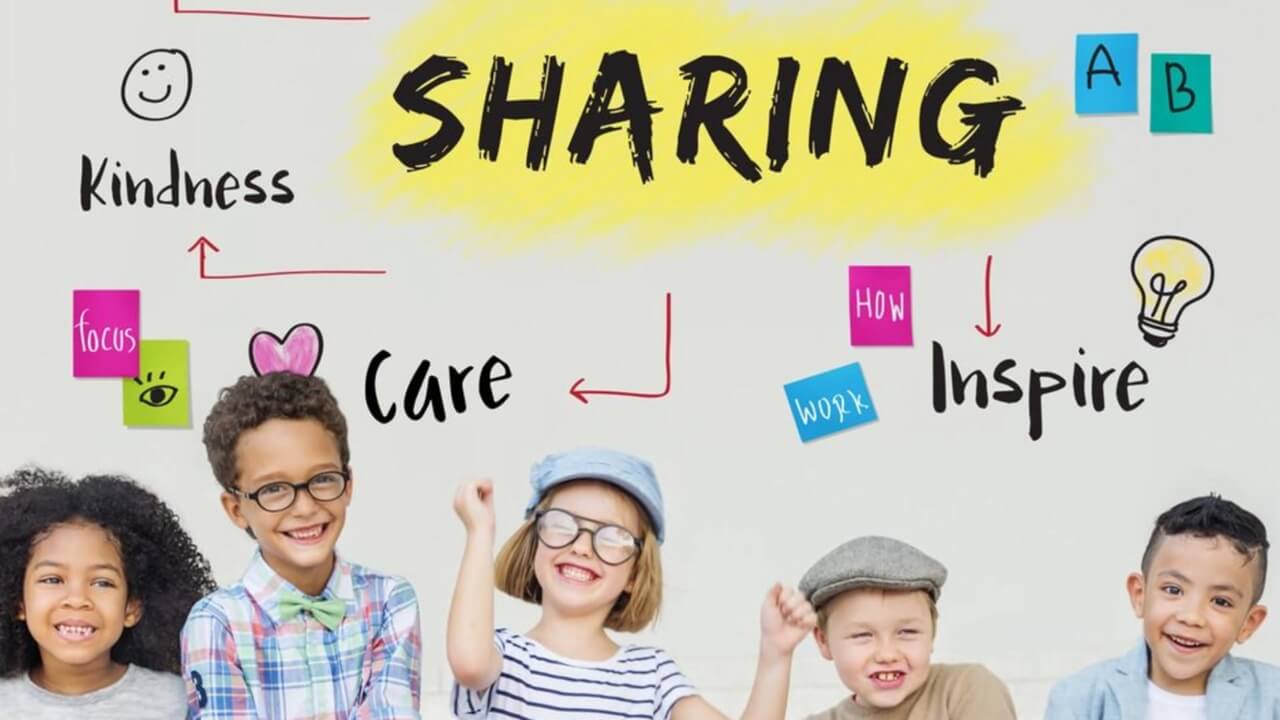

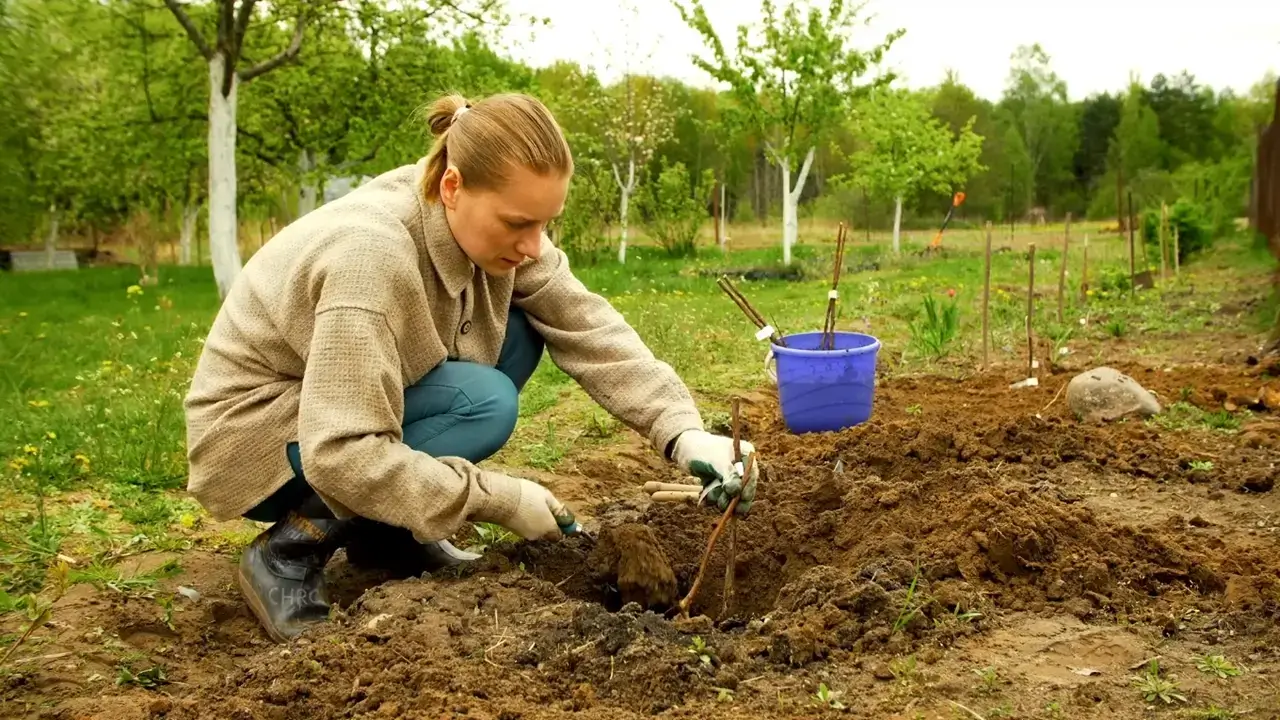


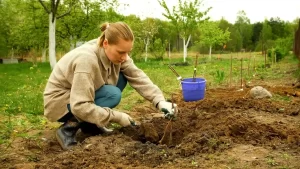


























Incredible! This blog looks exactly like my old one! It’s on a completely different subject but it has pretty much the same page layout and design. Superb choice of colors!
My partner and I stumbled over here coming from a different page and thought I may as well check things out. I like what I see so now i am following you. Look forward to looking over your web page yet again.
This website is my inspiration , very good style and perfect content material.
Pretty! This has been an incredibly wonderful post.
Thank you for providing this info.